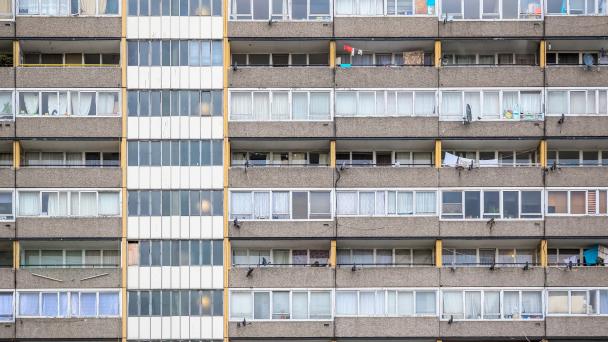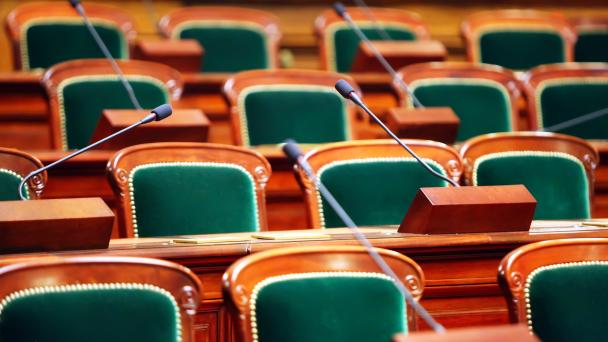BSA 40: A liberalisation in attitudes?


Over the past four decades, there have been two periods of dramatic change in our attitudes to welfare; negative attitudes increased in the late 1990s and 2000s, while attitudes have softened since 2010. While the first period of change is well understood, being largely driven by changes in the views of Labour Party voters, this chapter focuses on the second period of change. How have attitudes to welfare changed over the past decade and can a softening of attitudes be attributed to politicians, the media, changing perceptions of poverty or to changes in Britain’s demographic make-up?
The perception that benefits recipients are undeserving has reduced substantially since 2010.
People are increasingly likely to perceive poverty in Britain and their definitions of what constitutes poverty have become substantially more generous.
The fall in anti-welfare attitudes over the past decades has occurred to a similar degree across all groups, including readers of different newspapers, and those of different ages and education.







 Press release
Press release
Receive a regular update, sent directly to your inbox, with a summary of our current events, research, blogs and comment.
Subscribe